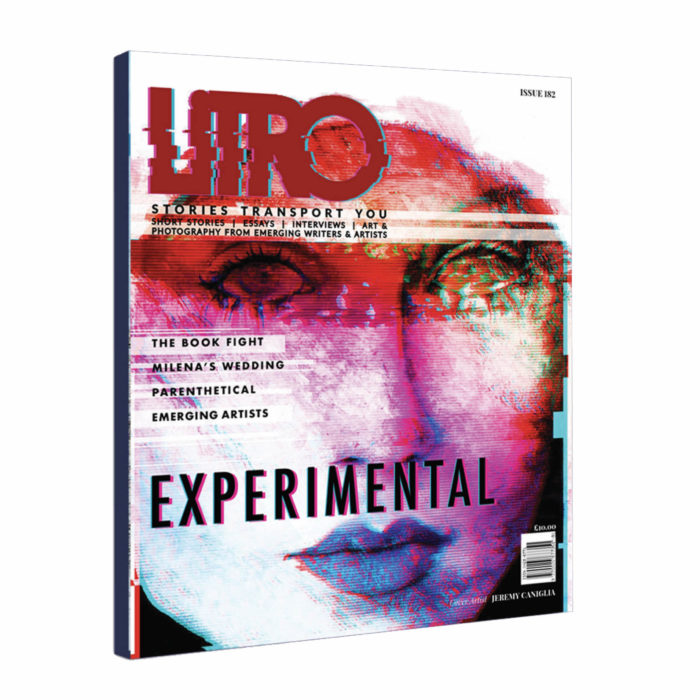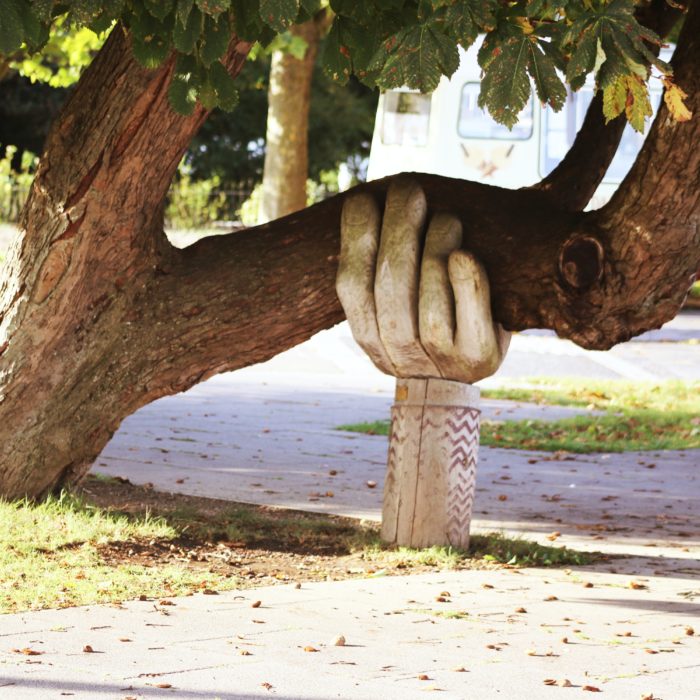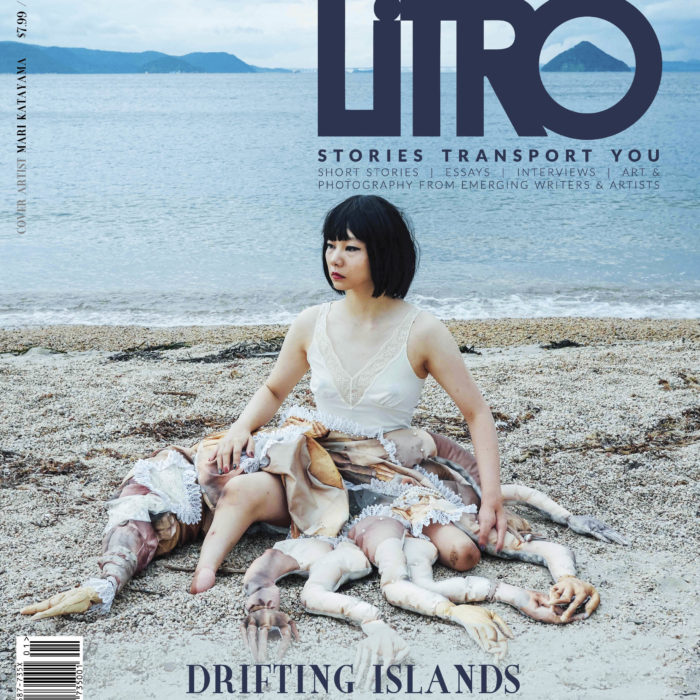You have no items in your cart. Want to get some nice things?
Go shopping
The relationship between the English and the French—our one-time conquerors, trade rivals, enemies, allies, and nearest neighbours in Europe–has always been complicated. Since 1066 France and the French have been a powerful influence on England, and many aristocratic families still carry the noble Norman “de” before their surnames. French is classy; French is posh; French, above all, is chic.
The Brits have always envied the French for their fantastic food, effortless style (Chanel, Hermès, Balmain, Cardin, Givenchy…), clever, sexy films, and what we see as their laissez-faire, not to say louche attitude towards sex and life in general. Our own language borrows heavily from French to express what English has no word for, as I’ve just demonstrated. The clichéd (another French loan-word) image of the Frenchman may be a beret-wearing Breton sporting a string of onions, but in reality we’re far more likely to picture the elegance of Catherine Deneuve, Toulouse-Lautrec’s fin-de-siècle can-can paintings, or a smouldering Alain Delon.
French literature has always had plenty to offer, from the swashbuckling sagas of Dumas to the science-fiction adventures of Jules Verne; from Francoise Sagan’s teen cri-de-coueur Bonjour Tristesse to, more recently, the mischievous metamorphoses of Marie Dariussecq. In the following pages you’ll see another side of novelist Michel Houllebecq, one of the best-known contemporary French authors, who contributes two poems; we’re also proud to present a new nonfiction translation of Francophone Haitian writer Dany Laferrière, who was in Port-au-Prince when last year’s earthquake struck, and who writes about his experience sharply and profoundly in Everything around me is shaking.
Other emerging and established French writers featured in this issue include hip French-Algerian enfant terrible Faïza Guène, radically different short story writers Marcel Aymé and Pierre Michon, and Agnès Desarthe, with a moving extract from her prize-winning novel The Foundling. Susanna Crossman, a writer living in North-West France, contributes a meditation on family and loneliness in The Pull of the Moon, and we’re also delighted to publish La Maison de Dieu, a story of faith and redemption from this year’s winner of the Litro and IGGY International Short Story Award, Layla Hendow.
There’s plenty more great writing to explore on our website, where you’ll discover tourists, bohemians, artists and even a new take on Joan of Arc in our online exclusives and audio stories, updated weekly.
C’est tout! Au revoir – until our next issue.

About Katy Darby
A short-story writer and novelist, Katy was Editor of Litro Magazine from 2010 to June 2012, and is currently Online Short Fiction Editor. Katy studied English at Oxford University and Creative Writing at the University of East Anglia (UEA) in Norwich, where she received the David Higham Award. Her work has won several prizes, been read on BBC Radio, and appeared in various magazines and anthologies including Stand, Mslexia, London Magazine and the Fish & Arvon anthologies. Her first novel, originally titled The Whores' Asylum (Feb 2012), is The Unpierced Heart (Sep 2012), published by Penguin. Besides writing, she teaches Short Story Writing, Novel Writing, and a writers' workshop at City University. She also co-founded and currently runs the monthly live fiction reading event Liars' League.





A sad but beautifully written story. The mundane rituals and routines of a lonely life are poignantly captured. Compelling stuff.